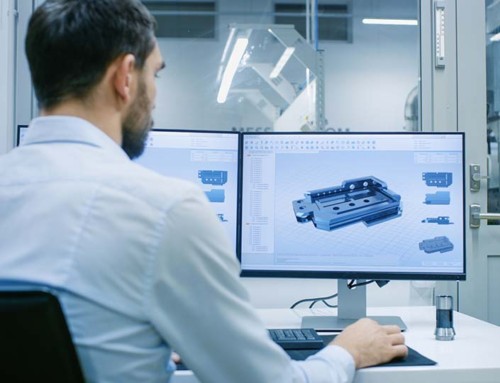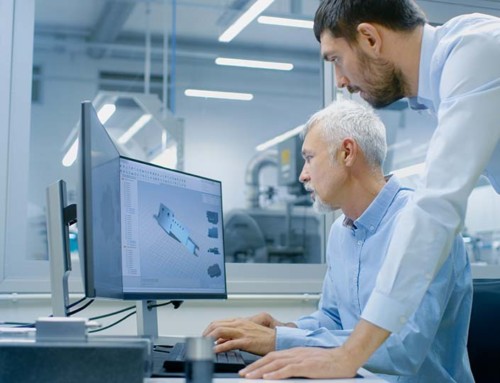The cooling system works with lubricating oil/lubricating water and compressed air. The main purpose is to ensure the temperature of the compressor system and the compressed air is normal.
There are two types of cooling methods: air-cooled and water-cooled. Which to choose is according to the actual site and environmental conditions.
Principle
Air-cooled air compressors use high-efficiency plate-fin coolers. Axial-flow fans or centrifugal fans blow into the cold air, to exchange heat with hot lubricating oil/lubricating water and hot compressed air. To achieve the purpose of cooling;
Water-cooled air compressors use the water flow to exchange heat with lubricating oil/lubricating water and compressed air through a shell and tube heat exchanger.
Air-cooled Air Compressor
Advantages:
① Easy to use, there is no need for extra equipment.
② The compressor can be used after connecting the pipeline.
Disadvantages:
① Need to consider space.
② To avoid hot air circulation, a large space for heat dissipation is required
③ Generally, for more than 40m3/min, it is necessary to install an air hood.
④ If the environment is not good, the heat dissipation surface is easily covered by dust, which affects the cooling effect. so we should often blow off the dust on the cooling surface of the cooler.
Water-cooled Air Compressor
Advantages:
① As the heat capacity of water is larger than that of air, so the heat exchange effect is better than air cooling.
② Lower noise compared with air-cooled method
③ Small installation space.
Disadvantages:
① Need water circulation system. Generally, more than 50m3/min air compressors use this cooling method.
② Must use clean industrial cooling water. And the inlet temperature should not be higher than 32 ° C to avoid scaling of the cooler.






Leave A Comment